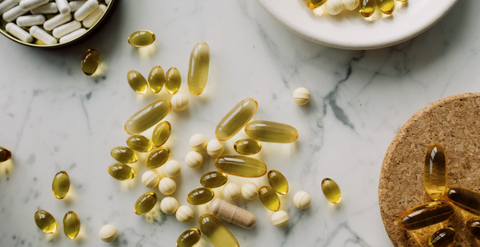Are supplements really worthless?
Chia puddings three ways
L-Arginine
L- Arginine is an amino acid that is used in the biosynthesis of proteins. It is involved in a number of processes in the body, primarily related to the cardiovascular system and circulation health. While it is not considered one of the essential amino acids, i.e., the group that our body cannot make itself, it is still a very important one to gain through supplementation and diet.
As a supplement it is also popular for those who participate in sports or intense exercise, due to its participation in the synthesis of protein. But also, its potential to be converted into glucose and therefore converted into energy. Arginine is also used to produce various compounds other than nitric oxide, including creatine and glutamate within the body. And it may also help support liver health and function.
FAQ's
An amino acid naturally found in red meat, poultry, fish, and dairy. It is necessary for making proteins and is commonly used for circulation. L-arginine is converted in the body into a chemical called nitric oxide, which causes blood vessels to open wider for improved blood flow. L-arginine also stimulates the release of growth hormone, insulin and other substances in the body.
Arginine is used for a number of biological processes in the body. Including athletic performance and energy level support, as it is broken down into specific intermediates that replenish the Krebs Cycle. It helps with circulation support and can be useful for chest pain concerns, high blood pressure during pregnancy, venous circulation issues and libido support.
L-arginine supplements provide multiple benefits such as better circulation, more energy and support for overall heart health. Moreover, they generally have no side effects, even when taken in high doses. Along with its beneficial effects, arginine may cause some unwanted effects in individuals that may be sensitive to this amino acid. Please check with your healthcare professional immediately if any of the following side effects occur while taking arginine supplementation: However, these are rare: Redness or discoloration of the skin, swelling of the hands and face, blood in the urine, cough, difficulty swallowing, dizziness, fast heartbeat, hives, itching, skin rash, pain or redness, pale skin, puffiness or swelling of the eyelids or around the eyes, face, lips, or tongue, tightness in the chest, unusual tiredness or weakness.
Research indicates that supplementing with specific amino acids, including arginine, does not directly increase muscle mass any more than training alone. Supplementation in the study also had no effect on muscle strength. Some studies show that L-arginine supplements can stimulate an increase in growth hormone.




